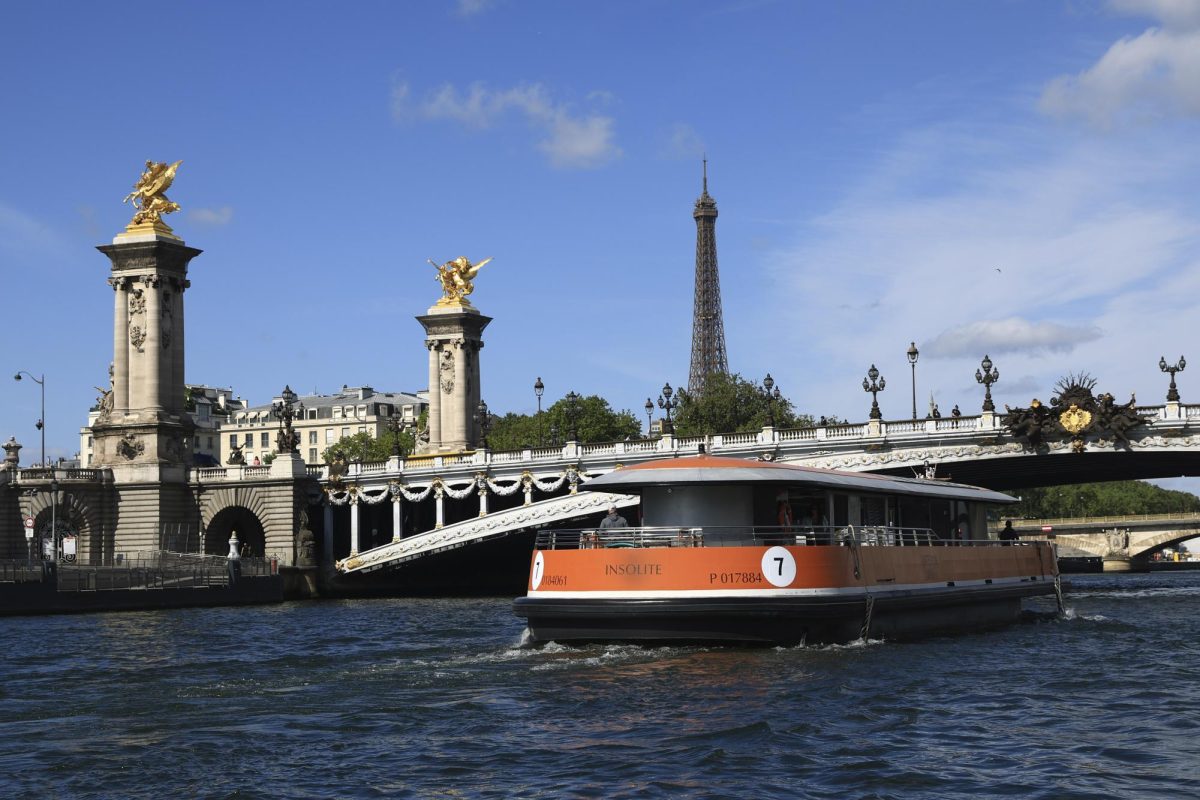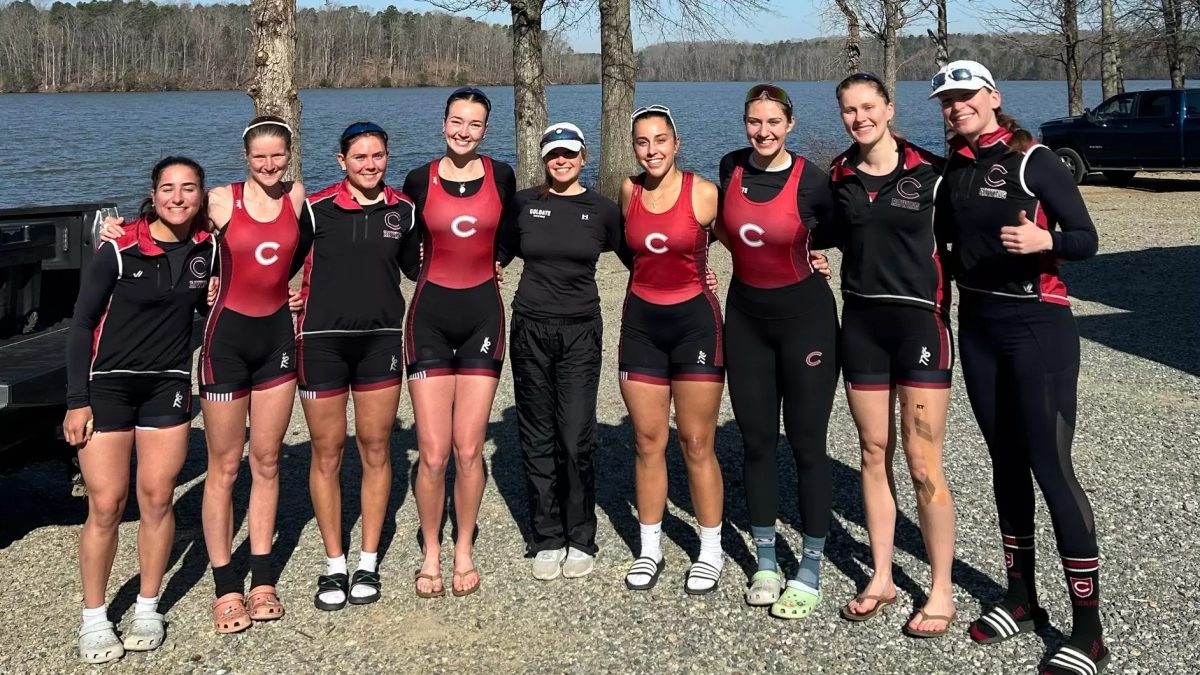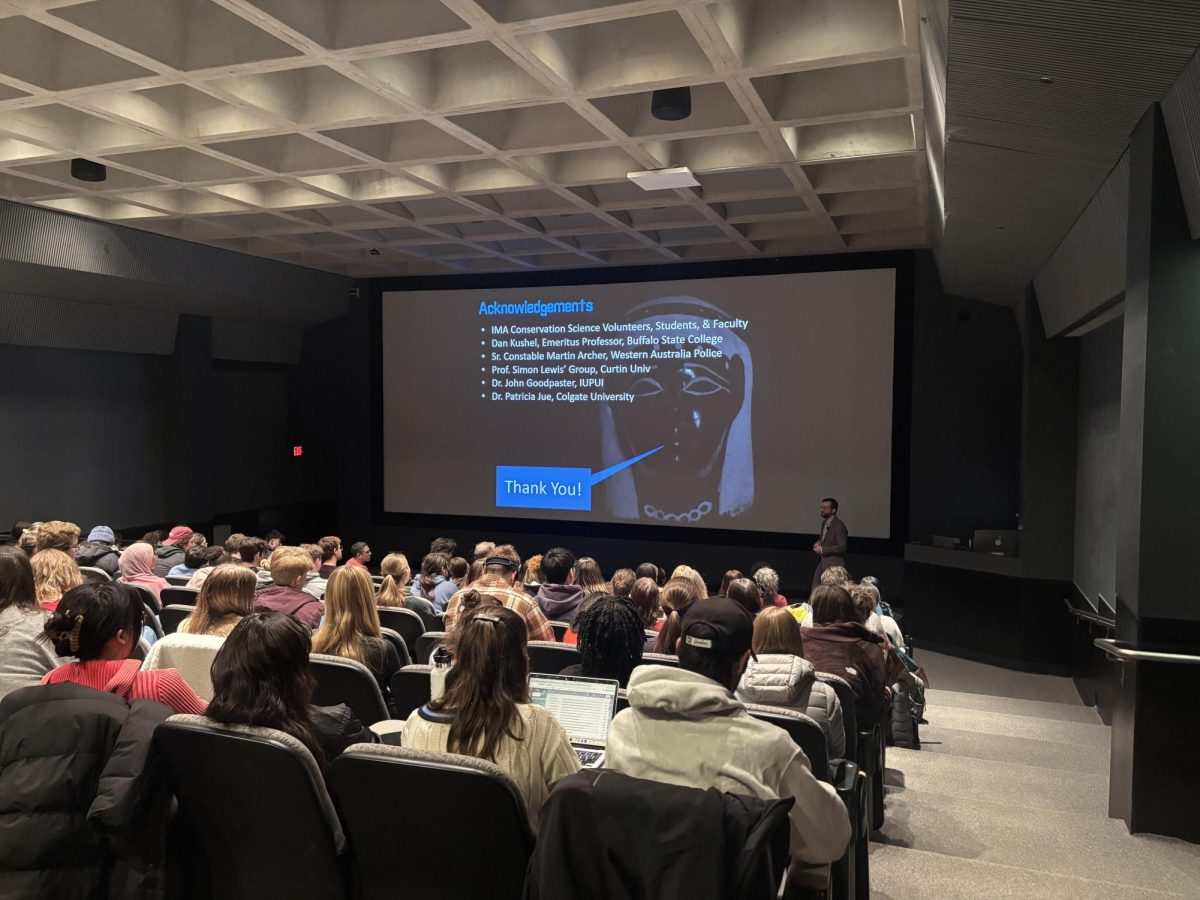In preparation for Paris to host the 2024 Olympic Games, the French government is finally delivering on its promise to depollute the Seine River. Equipped with a 1.5 billion-dollar budget, the French capital city plans to have the 481-mile-long waterway swimmable for athletes and residents by springtime.
The city is building a rainwater storage tank under Austerlitz Station in southeast Paris with the capacity to hold 20 Olympic-sized swimming pools of water, Samuel Colin-Canivez, the city’s chief engineer for sanitation works, told NPR’s Rebecca Rosman. The hope is that this tank will keep the dirty stormwater from Paris’s 1,500-mile gravitational tunnel system out of the Seine.
This cleanup is the Parisian government’s first significant effort to care for their renowned river in the city’s history, and they have centuries of pollution to make up for. Last year, the sewage system dumped 1.9 million cubic meters of untreated wastewater into the river. Still, progress has been made, as that number is 90 percent lower than 20 years ago, according to Time Magazine.
If successful, Parisians will plunge into the world’s most romantic river for the first time since 1923.
The mayor of Paris, Anne Hidalgo, capitalized on the Olympic Games as an important part of her candidacy and her plans for environmental upgrades. A large part of Paris’ bid was a dream to have the aquatic events held in the Seine, just like during the 1900 Games. Her vision for the Olympics has catalyzed the years-long clean-up process.
According to Pierre Rabadan, deputy mayor of the 2024 Olympic Games, Hidalgo’s vision brought together dozens of government bodies and sanitation agencies that otherwise would not have committed to the cleanup plan.
“The Games were just an accelerator for the transformation and improvement of the water quality,” Rabadan said, according to The New York Times.
During the Opening Ceremony, athletes will make their 2024 Games debut on a fleet of sailboats gliding through the city. The Seine’s Alexandre III Bridge will host the kickoff of the 10k race, triathlon and Paralympics triathlon swim.
Officials hope that seeing athletes swimming in the river will help ease Parisians’ uneasiness when the Seine opens to the public. Athletes are excited about the prospect but nervous to be leading the charge.
“We will be the testers. I hope we don’t get sick,” Paralympian triathlete Thibaut Rigaudeau said, as reported by WNEP. “It’s going to change our lives, but it’s also true that everyone thinks that it’s really very dirty.”
The opening ceremony will be the largest ever in Olympic history with an expected 600,000 people in attendance.
“I mean, it’s basically a natural stadium, right? You have so much area on both sides of the river where you can go and watch. It’s really, really awesome,” Fritz Laubinger, a six-year resident of Paris, told NPR.
Other European cities like Zurich, Munich and Copenhagen have urban swimming. Still, a clean Seine would make Paris the first major metropolis to have inner-city swimming — a game changer for its citizens, especially amidst Paris’s record-breaking summer heat due to global warming. The city plans to zone off 26 swimming pools along the river.
Some Parisians remain skeptical about these pools, though. A recent history of E. coli and enterococci bacteria contaminating the Seine makes residents wary of their safety, even with the clean-up efforts. According to a 2021 study conducted by the international polling agency and market research firm L’institut d’opinion Français publique (IFOP), 70 percent of respondents harbored negative, unflattering views on the Seine. Many used “dirty” and “dangerous” in their responses.
Decreasing pollution won’t just make for a city-wide swimming pool, though. This cleanup has obvious environmental benefits, such as more extensive fish stocks and reemergence of river foliage.
Economic benefits abound as well. According to a 2017 study by the University of Limoges Centre for Law and Economics of Sport, this clean-up will generate $11.4 billion for the French economy and create 250,000 jobs, per Time Magazine.
All eyes are on the French capital as they execute this plan. If they achieve their ambitious goals for next spring, the restored Seine will make its worldwide debut at the 2024 Olympics; Paris’s multi-billion dollar effort to preserve its surroundings will set a global precedent of sustainability and environmentalism. The United States, who will host the 2028 Olympic Games in Los Angeles, has already sent sanitation and water officials to observe the cleanup process.
















